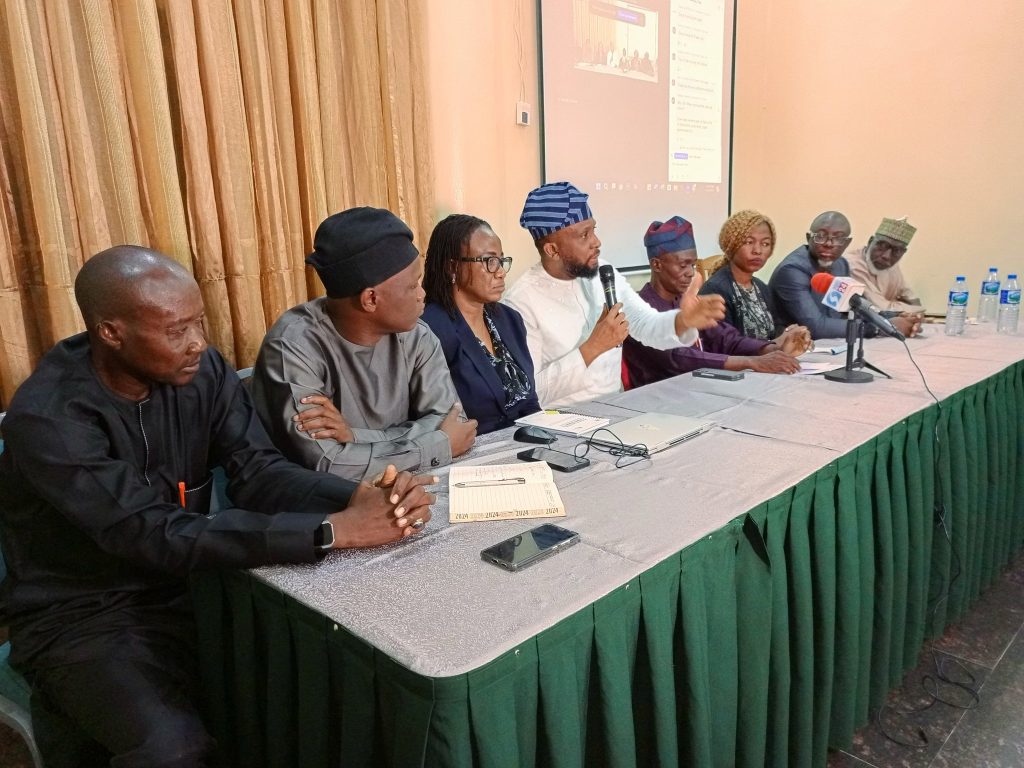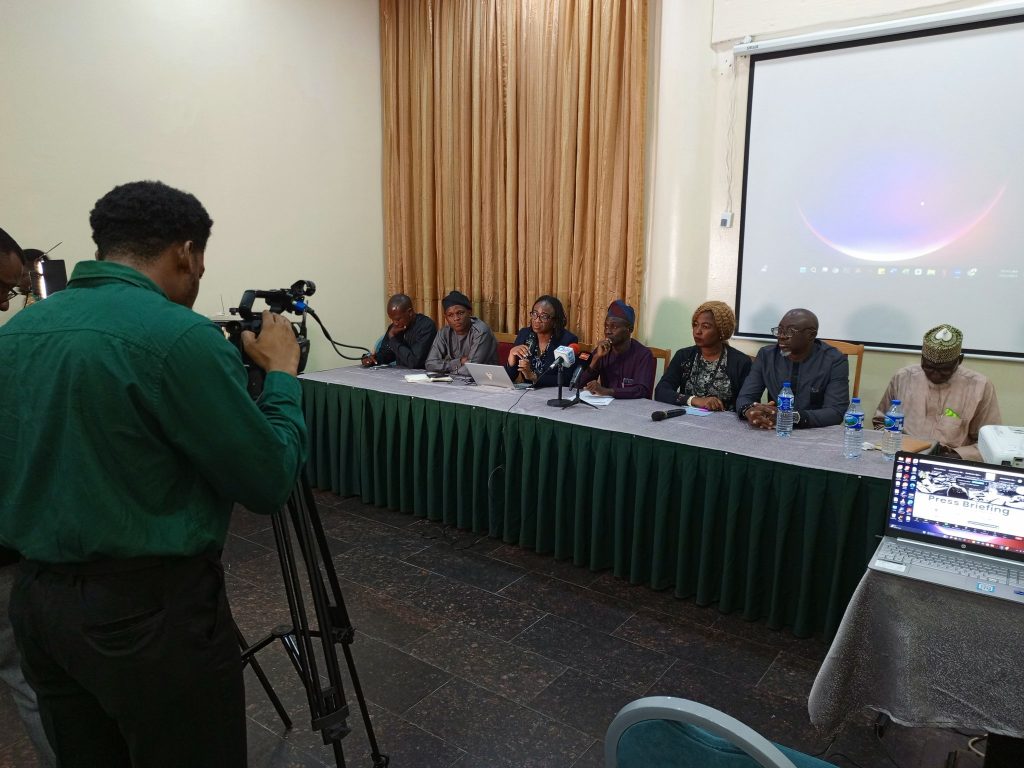Mining communities under the aegis of the Federation of Nigerian Mining Host Communities and its civil society partners are calling on the National Assembly to adopt the inclusion of a 5% derivative for mining host communities, apart from the 13% allocation to the state to ensure equitable distribution of resources between the federal, state, and host communities.
In a press briefing in Abuja yesterday, they stated that they were yet to witness the benefits of the 13% derivative given to states, as governors have refused to account for it.
In his remarks, Habibu Wushishi, co-chair of the Federation, commended the recent effort of the National Assembly, especially the move of the House Committee on Solid Minerals to amend the Minerals and Mining Act of 2007. The Act intends to boost the legal and policy frameworks for equitable distribution of mining benefits to host communities.

Wushishi called for “Derivative allocation for mining host communities, community development agreements reflecting environmental and social impact assessments, regulation of artisanal and small-scale mining, separation of regulatory and administrative functions of the Ministry of Solid Minerals Development, security and welfare of host communities, the inclusion of civil society organisations in state MIREMCOs, as well as the chairmanship and acknowledgment of state autonomy in MIREMCO.”
He also stated: “We recommend the inclusion of provision of a 5% derivative for mining host communities, separate from the 13% allocation to the state, recognising their integral role in mineral resources extraction and the need for equitable benefit sharing.”
He further explained that community development agreements (CDA) must reflect environmental and social impact assessments, noting that free prior informed consent must also be sought with the full import of the Environmental Impact Assessment (EIA) explained to the community before the terms are agreed on.
“We commend the inclusion of specific provisions to regulate the artisanal and small-scale mining sector. More than 80% of solid mineral mining in Nigeria is artisanal. Effective regulation is essential in promoting responsible mining practices and safeguarding the environment and the rights of mining host communities; we therefore recommend the development of an artisanal mining regulation code in this regard,” he added.
Wushishi, on behalf of the Federation of Nigerian Mining Host Communities and its civil society partners, commended the efforts of the National Assembly to introduce legal reforms for improved environmental governance in the solid minerals sector.
“We insist that the proposed amendments to the Act must better serve the interests of all stakeholders, particularly mining host communities, promote sustainable development in the mining sector, and contribute to the socioeconomic advancement of our nation,” he said.
Earlier, Abiodun Baiyewu, Executive Director of Global Rights Nigeria, stressed the need for the Federal Government to improve funding and personnel in the Federal Ministry of Solid Minerals Development.
Baiyewu recalled that while the 13% mining derivative to states was approved long ago, states only recently began receiving it. Despite this development, he noted, no state governor had been able to give an account of such derivatives.

She said, “With the current effort of the ministry talking about the security challenges in host and other mining communities, their efforts would be inconsequential if the ministry lacks the manpower or finance to tackle the many challenges observed in mining host communities. While the ministry sent them out to work, sometimes their duties are diverted due to poor or lack of funds.”
She recalled that “essential foundations had been laid in the constitution in section 14, B and C, and section 17, 2C that says that the primary essence of government is to ensure the welfare and security of citizens, noting that the rights of citizens that the exploitation of any resource in a community should be for the benefit of the community.”


